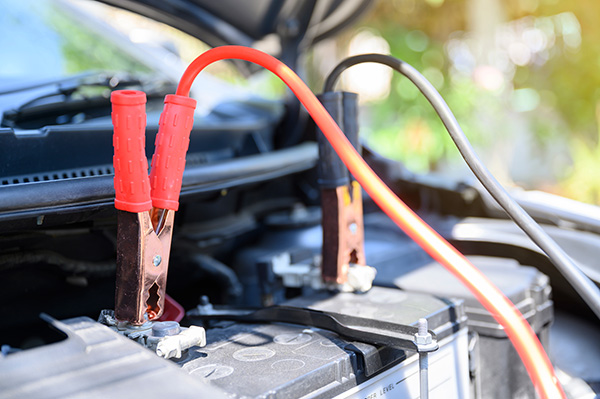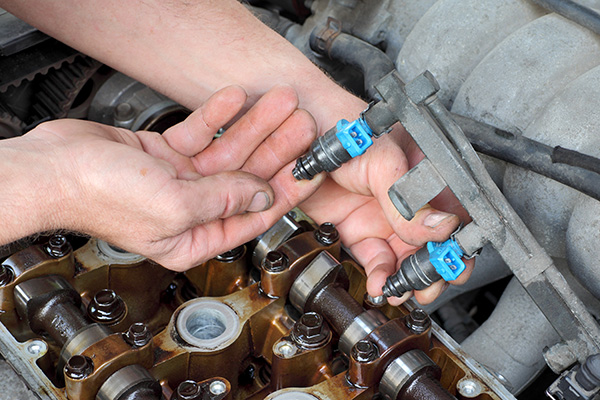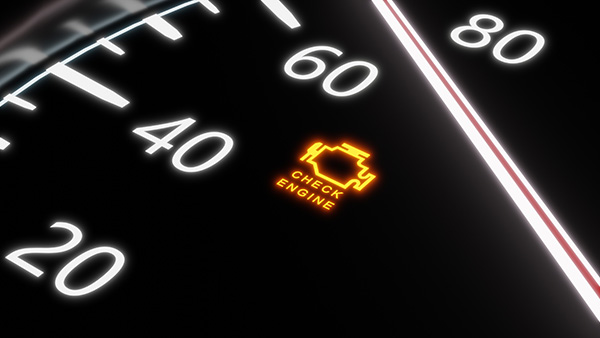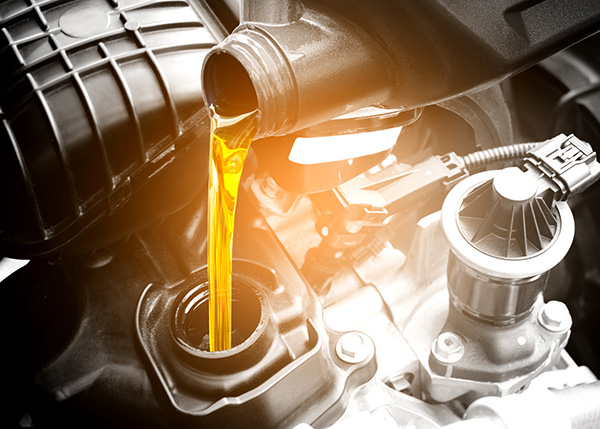Posted on 12/20/2024

Power windows have transformed the way we interact with our vehicles. Gone are the days of manually cranking a handle to roll the window up or down. While convenient, power windows are not without their issues. From sudden failures to slow operation, these systems can leave you frustrated and in need of repairs. Let’s explore the common problems with power windows, why they happen, and what can be done to fix them. Why Power Windows Are Prone to Issues Power windows rely on a combination of mechanical and electrical components to function. This includes a motor, switches, a regulator, and wiring. Over time, wear and tear, exposure to moisture, and even everyday use can take a toll on these components. Since power windows are used frequently, they’re more likely to encounter problems as a car ages. Window Stuck in Place One of the most common issues is when a power window gets stuck, refusing to go up or down. Several factors, including ... read more
Posted on 11/29/2024

When we think of automotive icons, Mercedes-Benz stands out as one of the world’s most legendary car brands, renowned for its innovation, luxury, and engineering excellence. Throughout its history, Mercedes-Benz has introduced a variety of models that not only turned heads but also set new standards for the industry. Let’s take a look at some classic Mercedes-Benz models that played a key role in shaping the company’s legacy, and learn why these cars remain memorable to this day. Mercedes-Benz 300SL Gullwing (1954–1963) The Mercedes-Benz 300SL Gullwing is one of the most iconic sports cars ever made, with its distinctive gullwing doors, powerful performance, and unmatched style. Originally developed as a race car, the 300SL quickly became the car of choice for automotive enthusiasts who craved both speed and elegance. Its fuel-injected engine was revolutionary for the time, providing it with unmatched power and making it the fastest production ... read more
Posted on 10/31/2024

Few things are as frustrating as walking out to your car, turning the key, and... nothing. A dead car battery can catch anyone off guard, but the good news is that your vehicle often gives you warning signs long before it reaches that point. Knowing how to spot these symptoms can save you from being stranded with a non-starting car. So, how do you know if your car’s battery is dying? 1. Slow Engine Crank Ever noticed that your car seems sluggish when you try to start it? This is often the first red flag. When your battery is weak, it struggles to supply enough power to turn the engine over. Instead of the usual smooth ignition, you may hear a slow crank followed by the engine struggling to fire up. This hesitation can be a clear indicator that your battery is nearing the end of its life. If this is happening consistently, don’t wait—get your battery tested or replaced before you’re left with a car that won’t start at all. 2. Dim ... read more
Posted on 9/27/2024

Land Rovers are known for their luxury, off-road capability, and rugged style. They offer a unique driving experience, especially for those who love adventure and tackling difficult terrains. However, as with any vehicle, they aren’t immune to problems. Despite their robust design, Land Rovers are known for encountering certain issues more frequently than others. Whether you’re a long-time owner or considering purchasing one, being aware of these potential problems can help you stay ahead in maintaining your Land Rover and extending its lifespan. Let’s look at the six most common problems that Land Rover owners face. 1. Air Suspension Issues One of the standout features of many Land Rover models is their advanced air suspension system, designed to deliver a comfortable ride over both paved roads and off-road terrain. However, this same system is often prone to failure, especially as the vehicle ages. Owners have reported that the air suspension tend ... read more
Posted on 8/30/2024

Maintaining your car's fuel injectors is crucial for optimal performance and efficiency. Fuel injectors deliver fuel into the engine, ensuring your vehicle runs smoothly. But how often do you think about their maintenance? Many drivers overlook this aspect, leading to potential issues down the road. We will explain the essentials of fuel injector maintenance and why it's so important for your car's health. The Car's Fuel Injectors Fuel injectors are a critical component of your car's engine, responsible for spraying fuel into the combustion chamber. This process needs to be precise, as the right amount of fuel, delivered at the correct time, ensures efficient combustion. Over time, injectors can become clogged with dirt and debris, hindering their performance. Regular maintenance helps keep them clean and functioning properly, which can significantly impact your car's fuel efficiency and overall performance. Signs Your Fuel Injectors ... read more
Posted on 7/26/2024

We've all heard the term distracted driving, yet its implications are often underestimated. In a world where multitasking is celebrated, taking your eyes off the road for even a few seconds seems harmless. But those few seconds can be the difference between being safe and risky. So, why exactly is distracted driving so dangerous? The Three Types of Distractions Distracted driving isn't just about texting. It encompasses a variety of activities that divert attention from driving. There are three main types of distractions: Visual Distractions: Anything that causes you to take your eyes off the road, such as looking at a GPS or checking your phone. Manual Distractions: Activities that take your hands off the wheel, like eating, drinking, or adjusting the car stereo. Cognitive Distractions: When your mind wanders away from the task of driving, perhaps you're daydreaming or engrossed in a heated conversati ... read more
Posted on 6/28/2024

The check engine light is an important indicator that something in your vehicle's system needs attention. Ignoring it can lead to more significant issues later on. We have prepared a list of possible reasons why your Volkswagen's check engine light might be on and what steps you should take. The Check Engine Light The check engine light is part of your Volkswagen's onboard diagnostics system. When this light illuminates, it means the car's computer has detected an issue that requires further inspection. The problem can range from something as simple as a loose gas cap to more severe issues like a failing catalytic converter. Understanding the common triggers for this warning light can help you react appropriately. Common Reasons for the Check Engine Light 1. Loose or Faulty Gas Cap A loose or faulty gas cap is one of the simplest and mos ... read more
Posted on 5/27/2024

Oil is the lifeblood of your Audi's engine, ensuring smooth operation and optimal performance. But how often should you check the oil to keep your Audi running smoothly? Let's delve into this essential maintenance task and share the best practices for oil checks to maintain your Audi's health and longevity. Audi Oil Requirements Audi, like many other vehicles, has specific oil requirements tailored to its engine design and performance standards. Understanding these requirements is necessary to ensure proper oil maintenance. While Audi's recommendations may vary slightly depending on the model and engine type, a general guideline is to check the oil level every 1,000 miles or at least once a month, whichever comes first. This interval allows you to monitor oil consumption, detect potential leaks early, and ensure your Audi's engine remains properly lubricated. What is Engine Oil Consumption ... read more
Posted on 4/26/2024

Luxury, performance, and sophistication define the experience of owning a Mercedes-Benz in the Bay Area. But how do you ensure that your prized possession continues to exude these qualities? Here is our guide on how to keep your vehicle in top-notch condition. Preserving Luxury and Performance To maintain the pinnacle of luxury and performance in your Mercedes-Benz, prioritize regular oil changes. Clean oil lubricates engine components, reduces friction, and optimizes performance, ensuring your vehicle runs smoothly on Bay Area roads. Follow the manufacturer's recommended oil change intervals and choose high-quality synthetic oil for optimal results. Scheduled Maintenance Inspections Scheduled maintenance inspections are non-negotiable for detecting potential issues early on and preventing costly repairs. These inspections cover vital components like fluid l ... read more
Posted on 3/31/2024
.jpeg)
Owning a Mercedes-Benz is a symbol of luxury, performance, and sophistication - true bliss on the road. To ensure that your Mercedes-Benz continues to embody these qualities, proper maintenance is essential. But wait - how can this be achieved and are there any specifics? Preserving Luxury and Performance Engine Lifespan and Performance Optimization Regular oil changes are crucial for maintaining the health and longevity of your Mercedes-Benz engine. Clean oil lubricates engine components, reduces friction, and helps dissipate heat, ensuring optimal performance and efficiency. Follow the manufacturer's recommended oil change intervals and use high-quality synthetic oil for the best results. Scheduled Maintenance Inspections Adhering to the manufacturer's scheduled maintenance inspections is essential for detecting potential issues early and preventing costly repairs down the road. These inspections typically include checks of fluid levels, tire pressure, b ... read more